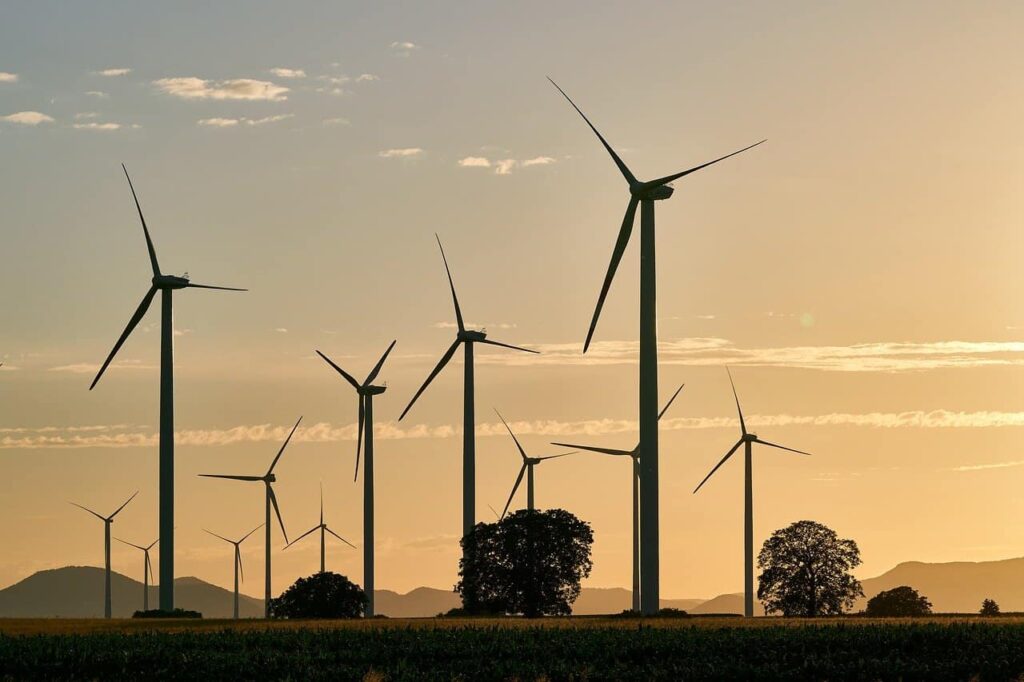Vestigo Volatility Score: 70%
In recent months, international media sources have touted the fears of a new electricity bill that would nationalize the electricity industry in Mexico. On January 17, legislators began debating the bill, a proposed change to the constitution to give the state-owned Federal Commission of Electricity (Comision Federal de Electricidad, CFE) a 54 percent controlling stake in the electricity supply chain, to include everything from electricity generation to distribution and commercialization. That will mean the electricity market will, in effect, vanish. While President Andrés Manuel Lopez Obrador (AMLO) has ushered through other constitutional changes during his term, teasing the future of Mexico’s energy market comes with heightened attention. Considerable pushback is likely. AMLO does not currently have the legislative support to succeed, an indication that a final bill, if it were to pass, would need to be watered down – a fact media sources have not communicated.
Constraint to Consider
- AMLO does not have the political capital to achieve a two-thirds majority vote needed for the constitutional change, indicating the likelihood of concessions
What if the electricity bill passes?
AMLO is seeking to reverse a series of reforms passed in 2014 that liberalized Mexico’s energy market. Those reforms took away controlling energy stakes held by state-owned CFE and Mexican Petroleum (Petróleos Mexicanos, PEMEX), and incentivized private investment. The new bill would lead to private contracts being retroactively rescinded. It would also make CFE the only buyer in the energy market. The energy liberalization of 2014 made electricity cheaper. If the new bill gains approval, prices would increase in the years to come as “private generators” would have no market to sell on. AMLO has proclaimed to his supporters that electricity prices would not rise in the wake of his reform. If he is to stick to his pledge, his words ensure that other areas of the economy would take a hit to absorb the difference, eating into Mexico’s already dire economic panorama.
Legislative support for constitutional change
For the legislation to take effect, compromise and amendments are likely. AMLO needs the support of 333 legislators for the constitutional change to gain the approval of the lower house. Even with its allies, AMLO’s political party, the National Regeneration Movement (Movimiento Regeneración Nacional, MORENA), can only count on 279 votes. Conversations with key political players will take place over the short term. MORENA will need to offer concessions if the reform is to stand a chance. The current black and white nature of the legislation makes it a hard sell, a fact international media sources are not communicating.
The future of investor confidence in Mexico
If the bill fails, or if it is watered down enough to protect current energy contracts and leave open a private electricity market, as is the likeliest scenario, investor confidence will remain. AMLO has shown propensity to revoke private contracts and intimidate foreign investment since coming to office in 2018. Despite the political risk, however, Mexico remains an attractive prospect in the energy market and beyond. Geopolitical factors will further incentivize foreign firms to tap into the Mexican economic landscape. With the global supply chain crisis continuing as the year begins, and western disagreements with Asian partners mounting, the Mexican market has risen in attraction, particularly for US companies and investors.
We base the percentage of our Volatility Score on the material constraints that determine the potential of a global event becoming a long-term global disruptor. We think that anything above the 75% mark should be studied with particular interest.

